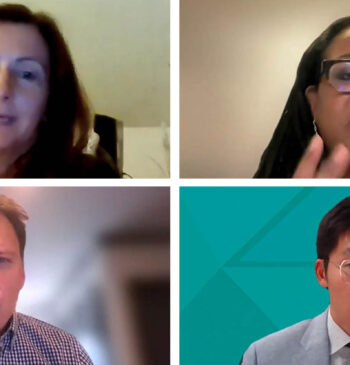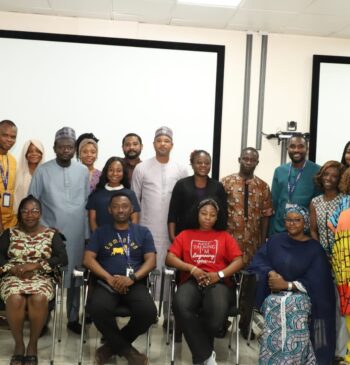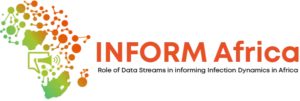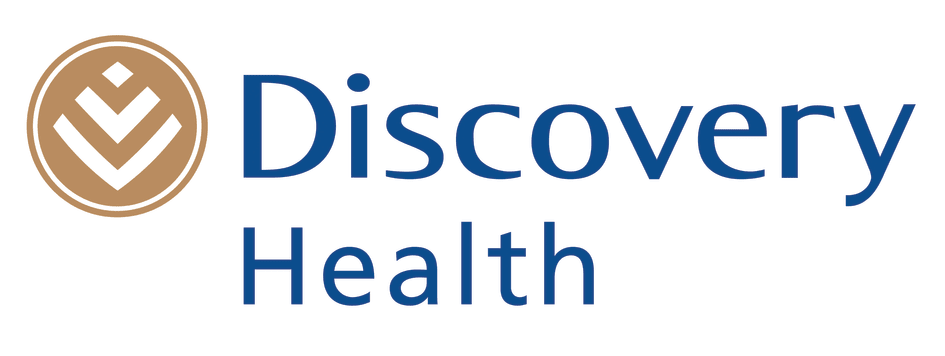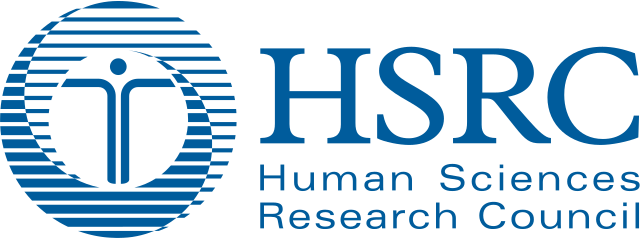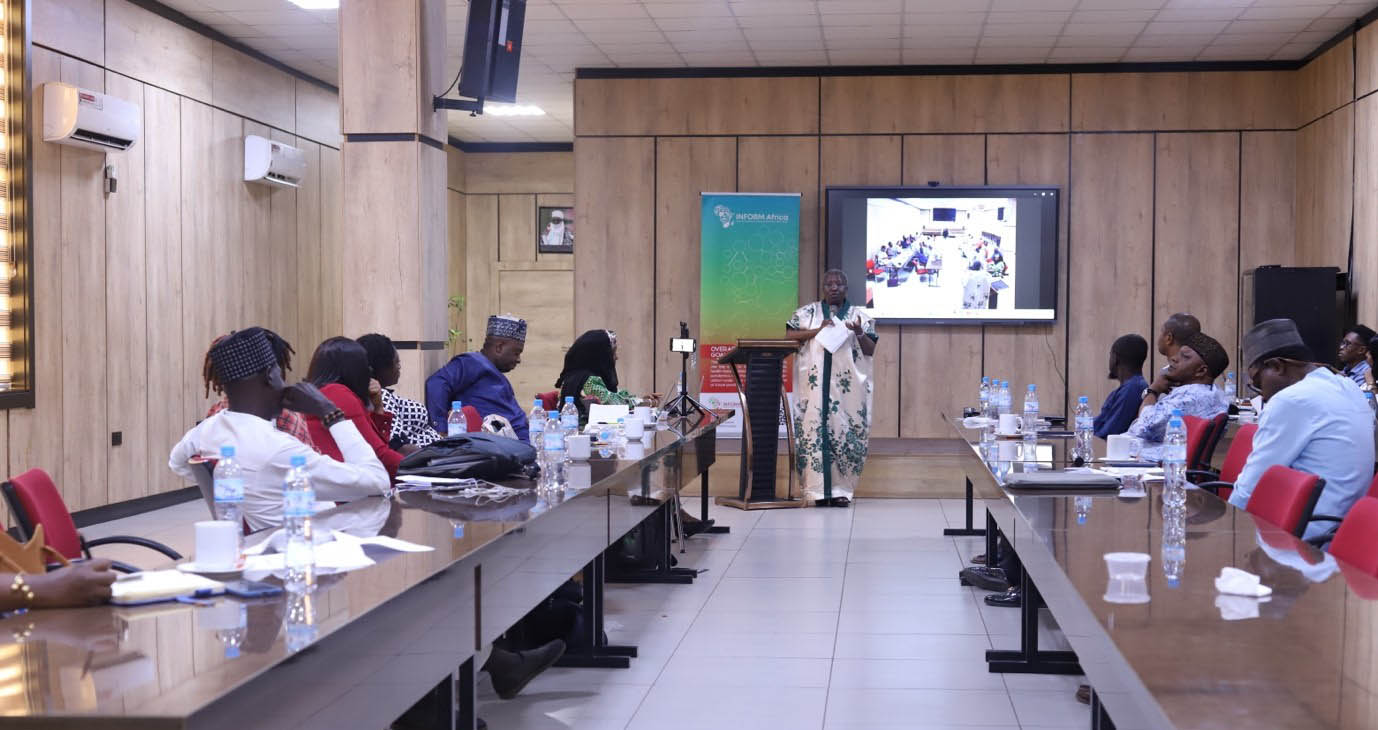
Ensuring continuous, open, and cross-dialogues throughout the project’s lifespan has been the secret ingredient for the success of the INFORM Africa research hub. From June 3rd to June 4th, 2025, the INFORM Africa research hub brought together all its relevant stakeholders under one roof, including Nigerian government agencies like NACA, NCDC, NPHCDA, NASCP, and NEMA; community gatekeepers and advisory board members; the scientific advisory board; and the researchers contributing to the work at the INFORM Africa research hub. “The aim of bringing together all stakeholders is to provide an interim report and showcase some of the tools and resources developed from the groundbreaking research done at INFORM Africa- that would help African governments in their pandemic preparedness,” stated the INFORM Africa contact principal investigator Prof. Alash’le Abimiku. She added, “it is also important for us to have open dialogues with all relevant actors on how high-quality data, from genomic, mobility, and epidemiological sources can be ethically and effectively harnessed for the benefit of our communities, as well as work together to develop strategies for sustainability and promoting data-driven policy engagement.”
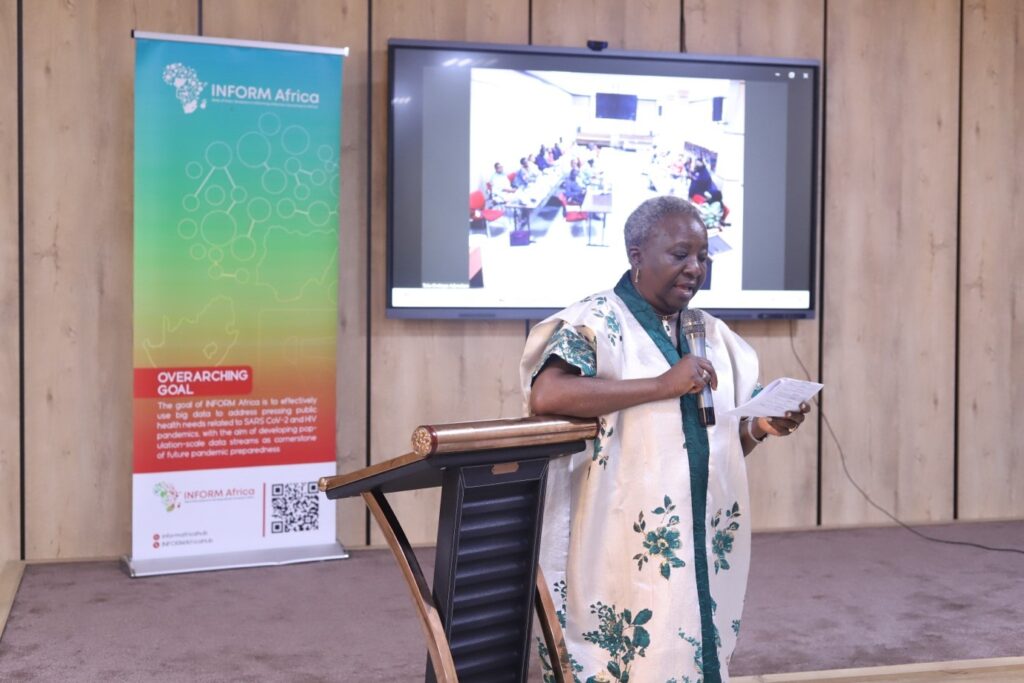
In their opening remarks NACA, NCDC, NPHCDA, NASCP, and NEMA all acknowledged the importance of the INFORM Africa initiative, reiterating the value of data-driven public health tools while reaffirming their commitment to continue to support INFORM Africa.


SKILL TRANSFER
An important strategy employed by the hub to ensure ownership of the INFORM Africa initiative and the sustainability of the project output is skill transfer. Between February and March 2025, INFORM Africa hosted a series of capacity-building trainings aimed at equipping Nigerian government agencies with the application of the tools developed by the hub. “NEMA has since started testing the waters with these tools, harnessing them in planning and predicting flood impact, as we consider prioritizing high-risk zones, and ensuring equitable resource allocation,” stated Bello Salauwa, one of the beneficiaries of the INFORM Africa skill transfer initiative NEMA.
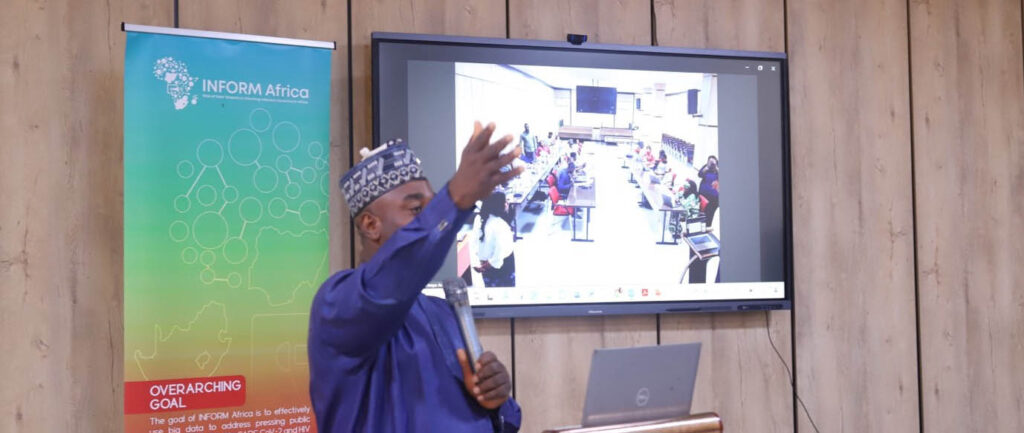


INFORM AFRICA TOOLS
During this 2-day meeting, INFORM Africa tools were also showcased, including the place resilience index tool developed by Prof Olanrewaju Lawal via Project 1. The PRI informs hotspot identification and tailored interventions. It is currently integrated into the REVEAL platform tool developed for INFORM Africa by its industry partner, AKROS. ‘Layering PRI data has enhanced the capacity of the REVEAL platform to support digital planning and accurate coverage visualization for health intervention’, stated Christina Riley, the Portfolio lead for AKROS.
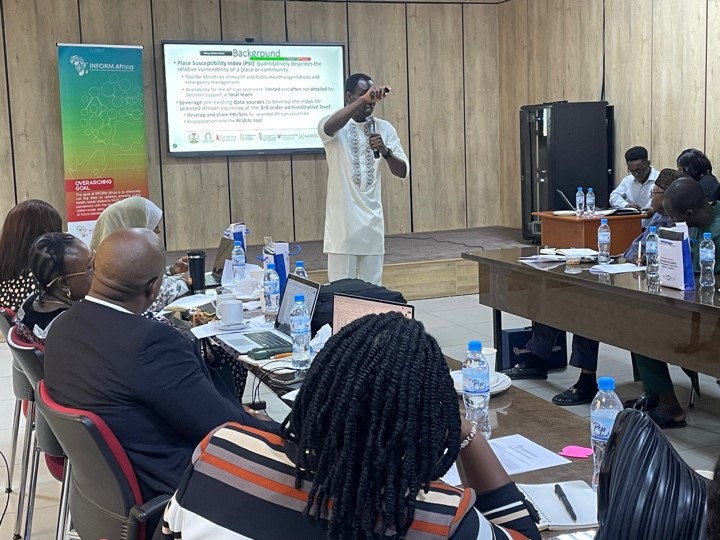


Another important tool that was showcased is the human mobility tool for disease transmission surveillance. This tool was developed by Prof Chenfeng Xiong’s team at the University of Villanova to help in modelling virus spread and inform public health interventions.
PROMOTING COMMUNITY DIALOGUES
Musa Aminu, the INFORM Africa science communication specialist, shared with the stakeholders some strategies the Hub employs to communicate its research output, ensuring that everyone is included. “Some of the strategies we have employed include the use of drama, storytelling, newsletters, and leveraging social media trends for effective science communication within specific demographics,” stated Aminu. Aminu added, “We are excited about exploring the intersection between science communication and community engagement. Data science is a relatively new area of conversation for most of our local community. Thus, it is critical that we increase knowledge and understanding of this subject in ways that allow communities to confidently ease into this domain. The rippling effect is that we provide an opportunity for more consented and comprehensive data collection, as communities understand their pivotal role in this process where data translates into tools, resources, and even policies that ultimately benefit the communities.”
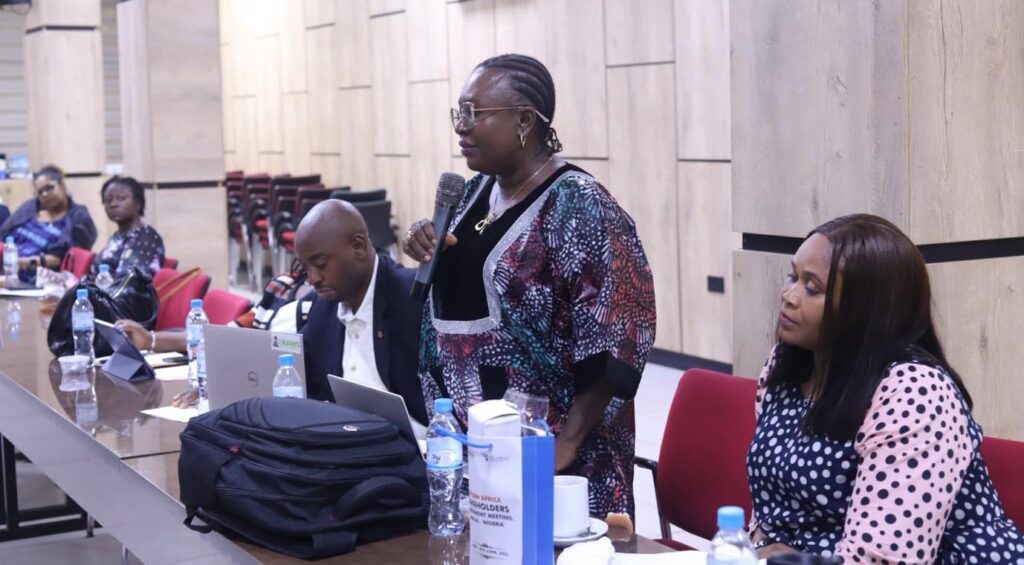
The community advisory board Chairperson Dr Grace Dafiel reiterated the need for continuous community engagement as she advised on some key strategies for the hub to consider including, regular town hall meetings, incorporating nuanced language in communications that are bespoke for specific communities, while noting and documenting lessons learned (to help improve future approaches to community engagement for INFORM Africa and similar research projects within the DS-I Africa consortium).
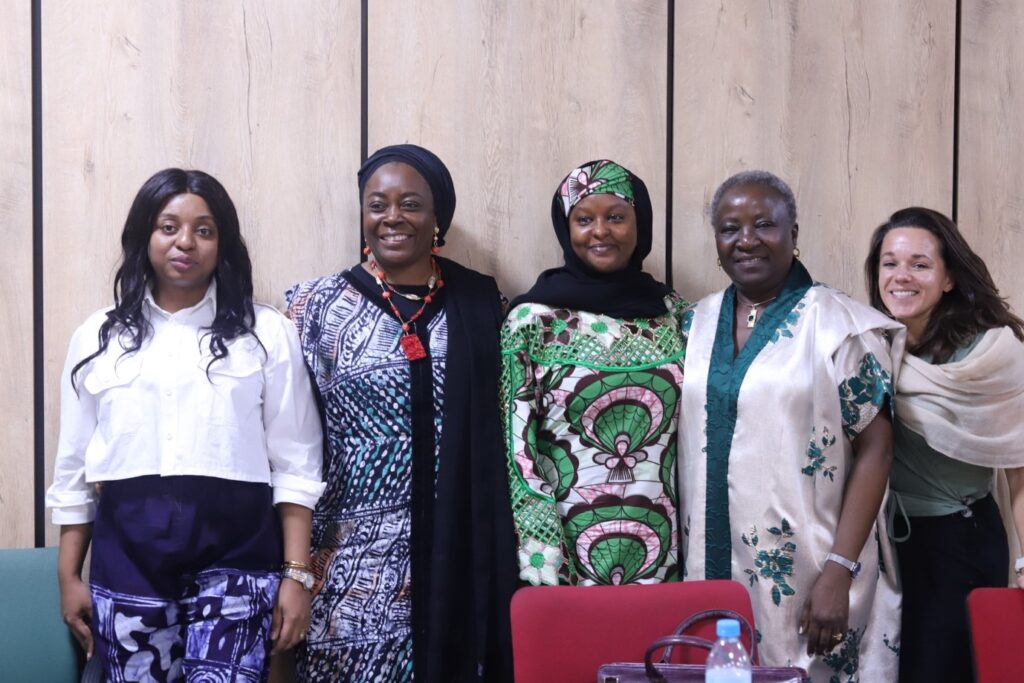
CHECK OUT THE MEDIA PUBLICATIONS ON THE STAKEHOLDERS’ MEETING:
- The Facts Daily– Experts Canvas For Quality Data To Strengthen Epidemic Preparedness https://thefact.ng/experts-canvas-for-quality-data-to-strengthen-epidemic-preparedness/
- Radio Nigeria (FRCN)https://radionigeria.gov.ng/2025/06/03/ihvn-advocates-a-national-data-to-improve-pandemic-response/
- Aso Radio and TV – https://youtu.be/aAfmK8FSxSk
- Business Day Nigeria – https://businessday.ng/health/article/us-stakeholders-urge-nigeria-to-invest-in-data-system-to-improve-pandemic-preparedness/
